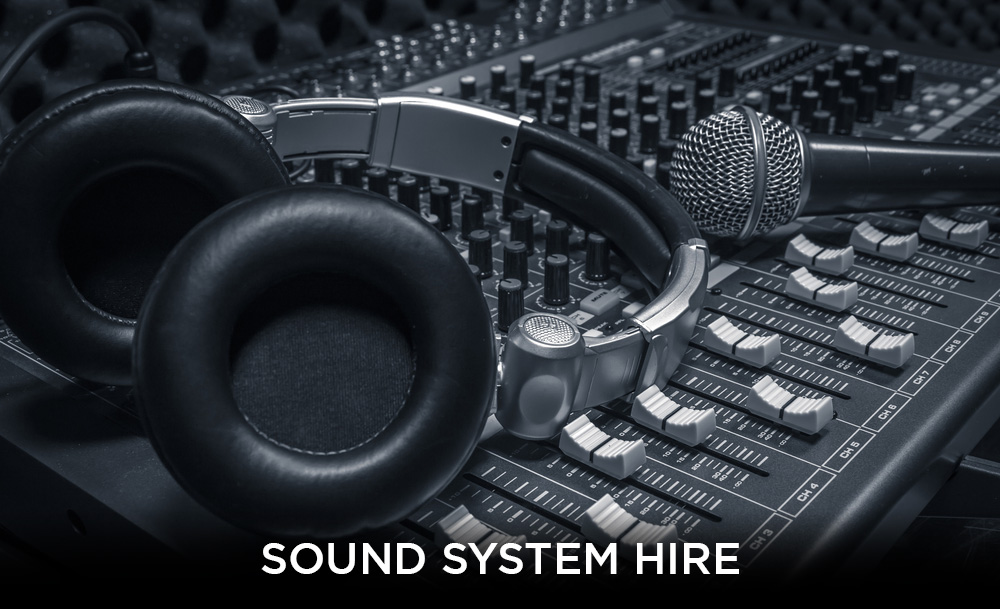It’s both thrilling and nerve-wracking to shop for a new car. It’s easy to feel paralysed by the seemingly infinite number of choices, the weight of having to make the “right” choice, and the dread of being taken advantage of. A car purchase doesn’t have to be a stressful ordeal if you go in prepared and maintain a positive frame of mind. This will go through everything you should and shouldn’t do while shopping for a cars for sale in UAE, from doing your homework to driving away in the perfect ride.
How to Find and Buy the Perfect Vehicle?
To get the most out of your car-buying experience, the first thing you should do is research. Investigate the many makes and models of cars, as well as the options and prices for each. Things like gas mileage, cargo capacity, and personal taste should all be taken into account. Consider your driving needs and the car’s intended function. Do you plan on doing long vacations, commuting, or driving across harsh terrain? Once you’ve narrowed down your choices, it’s time to get behind the wheel of each one and see how you like it. Make sure you have all the information you need before committing to anything.
Establishing a Practical Financial Plan
Setting an unrealistic budget is a common mistake made by car buyers. Think about not just the initial purchase price, but also monthly payments and the total cost of ownership. Think about other costs, like as insurance, maintenance, and repairs, when calculating your monthly automobile payment budget. Investigate all available loan choices, such as those offered by local banks, credit unions, and the dealership. Don’t be scared to haggle for better terms and interest rates.
How to Haggle Down That New Car Price?
Although haggling over the purchase price of a new car might be nerve-wracking, it’s essential for getting the best deal possible. Find out what the automobile you desire is worth so you can make a better counteroffer. If the salesperson is unwilling to bargain or the price is too high, you should feel free to walk away. Keep in mind that you, the buyer, are in control, and that there are other dealerships and vehicles available.
Recognising Optional Extras and Doing Without Them
Extras like rustproofing and paint protection are offered alongside standard features when purchasing a new vehicle. Some of these may be useful, but others are just going to add more costs to your automobile that you don’t need. Think about what you’re being provided and consider whether or not you require it. Don’t give in to sales pressure for something you’re not interested in or can’t afford.
Taking the New Car for a Spin
It’s important to give a new car a thorough inspection and test drive before you commit to buying it. Inquire about a comprehensive summary of the inspection’s findings, and keep an eye out for any problems. Get behind the wheel and see how the car handles in terms of speed, braking, turning radius, and general performance. Before signing any paperwork, take your time and make sure the car meets all of your needs.
Putting the Deal Together and Securing Your Investment
After you’ve negotiated the price and had the vehicle examined, you can complete the sale. Before signing any documents or agreements, make sure you have read and fully comprehended them. To safeguard your investment against unforeseen events like accidents or mechanical failures, you may want to look into gap insurance and extended warranties. Be careful to have registration and proof of ownership documents readily available at all times.
How to Buy a Car Without Making These Mistakes?
Avoiding the pitfalls that might lead to disappointment and financial loss during the car-buying process is essential for getting the most out of the experience. Some frequent blunders that car buyers should try to avoid are listed below.
- Insufficient Investigation: Not completing enough research is one of the most common mistakes people make when shopping for a new car. Researching the vehicle’s safety ratings, fuel economy, and other attributes is essential before purchasing any vehicle. By doing so, you will be able to make a well-informed decision and steer clear of experiencing buyer’s regret.
- Overspending: Before going automobile buying, it’s wise to settle on a reasonable spending limit. The purchase of an out-of-reach automobile is a common source of stress and even default among borrowers. Think about things like insurance, regular maintenance, and petrol money while deciding whether or not to buy a car.
- The most common error individuals make when buying a new car is to pay the full price listed on the window sticker. It’s in your best interest to try to haggle down the car’s price as much as possible with the dealership. Know the car’s true market value through your study before bargaining.
- Carelessly signing documents without reading them thoroughly is a common mistake made by new-car buyers, especially when it comes to the sales contract and the finance arrangements. A common blunder that leads to unpleasant surprises is failing to read the fine print.
- Not Taking a Test Drive: You should never buy a car without first taking it for a spin. Not taking a vehicle for a spin before buying it is a common mistake that leaves buyers with a vehicle they are unhappy with. Before making a purchase, it’s important to give the automobile a spin and give it a full once over.
Maximising your car-buying experience also involves knowing about and avoiding unneeded extras. Some of the extras you can buy could be worth it, but others might be costly or unnecessary. Before settling on an upgrade, it’s crucial to learn as much as possible about your options.
An extended warranty is a popular extra that many auto lots provide. An extended warranty may provide you peace of mind, but it often comes at a high price. Think at the car’s make and model’s track record for reliability, as well as any existing manufacturer warranties, before shelling out extra cash for an extended warranty.
Gap insurance is another optional extra to think about. In the event of a total loss, gap insurance will pay the difference between what you owe on your automobile and what it is worth in cash. Some people need gap insurance, but it might not be a priority for you. Consider your unique circumstances and think things through before settling on a course of action.
It’s important to inspect and test drive a car before you buy it, and not just so you can learn about its options. In this way, you may check the car’s condition and make sure it suits your demands. Before setting out on a long trip, it’s important to perform a full vehicle inspection, including checking the brakes and listening for any unusual noises or sensations.
After giving the vehicle a thorough once over and taking it for a spin, it’s time to make the purchase and ensure its safety. This entails signing the sales contract as well as the financing documentation. Before signing anything, make sure you understand it properly and raise any concerns you may have.
Conclusion
Making the most of your new cars for sale in UAE experience will help you avoid the most typical pitfalls. The buyer must do their homework, choose the best vehicle for their needs, negotiate a fair price, comprehend any optional extras, check out the vehicle, and finally, complete the purchase. If you follow these guidelines, you should be able to buy a car with confidence and enjoy it for years to come.








